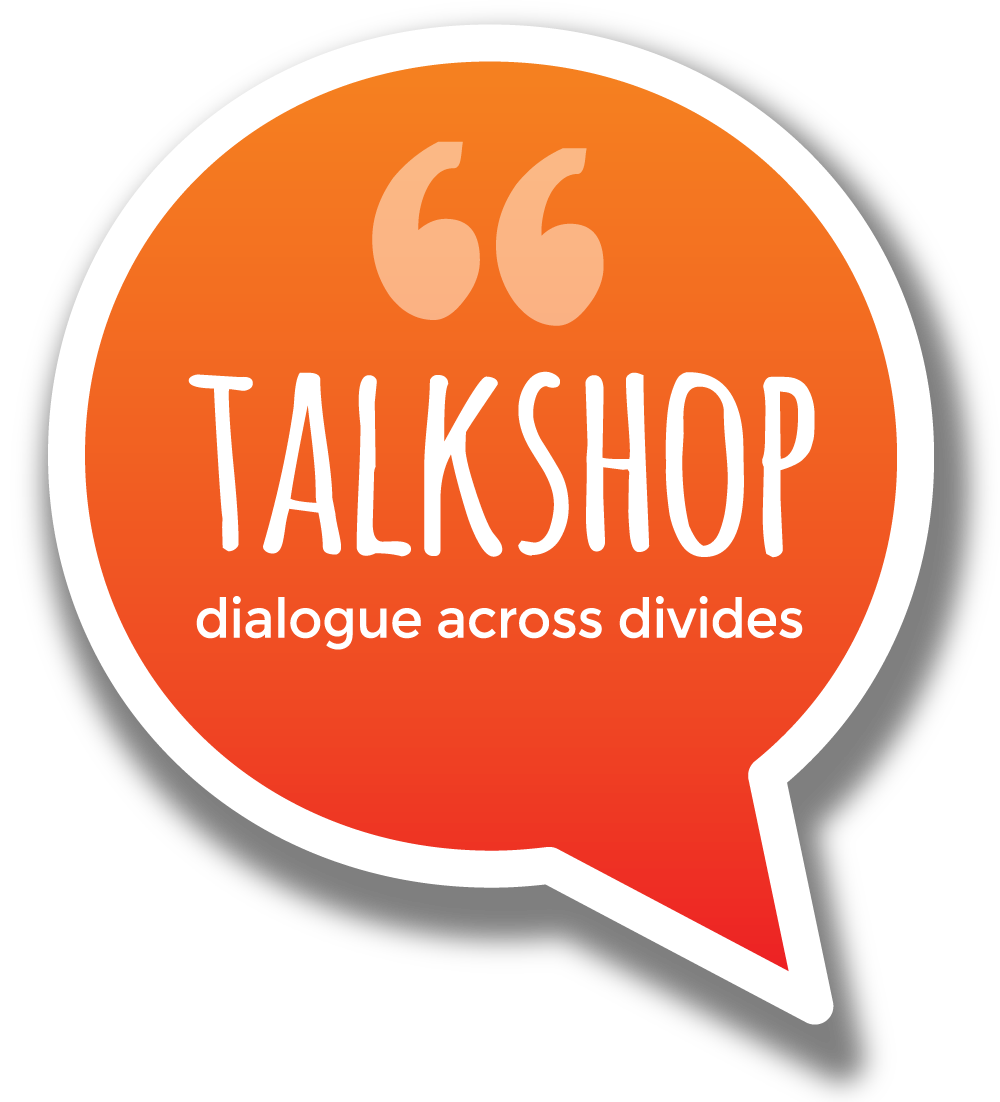Reprinted with permission from the RSA.
The RSA’s Matthew Taylor recently discussed deliberative democracy with David Runciman, professor of politics at Cambridge University. Matthew emphasised the form of deliberative democracy, a citizens’ jury or ‘ assembly, which parallels the legal jury and aims to bring together a ‘mini-public,’ representing a cross-section of the rest of us. Their conclusion on chosen issues is the one that the rest of us would have come to had we given it the time. Most of us, Matthew argued, don’t want to give it that time because, as Oscar Wilde said about socialism, it takes up too many evenings.
There is another form of deliberative democracy that is complementary to the jury/assembly model. This – as opposed to the single group that deliberates for a long time – consists of many small gatherings, often self-organised. While Wilde may have been right that people might not have ‘too many evenings’, many are willing to give up the occasional evening, afternoon or morning and very much want to be involved in making sense of tricky public policy issues. They welcome being active participants, In contrast to their conventional role as passive witnesses debates between politicians.
So how does this work? Take the issue of driverless cars, the subject about which my organisation, Talk Shop, spent much of last year organising discussions. We provided a discussion kit that was used by groups ranging in size from six to 40 people, and in type from the University of the Third Age current affairs groups to a college for the blind. Collaborating with an organisation called Thinking Box that uses curated videos to spark discussion, we jointly ran 50 events in the course of a few months that reached over 600 people. We asked people whether they were for or against, whether that changed during the discussion, and what their reasons were.
I believe that as many people as possible should be able to deliberate and that this approach complements juries and assemblies. There is a crucial difference between a legal jury and a citizens’ jury. In most legal cases, I have no view as to whether Joe Bloggs pinched Fred Moggs car. I am indeed happy to leave it to the jury to decide. But with a citizens’ jury, I may well have a pre-existing view, and I may well not be inclined to change it just because 12, 30 or 100 of my fellow-citizens have deliberated and come to a different view.
Another – bigger – example happened in Canada in the wake of two perverse election results with a large mismatch between votes and seats. The British Columbia Citizens’ Assembly (BCCA) met throughout 2004 to review the electoral system and recommended that British Columbia move from First Past the Post (FPTP) to Single Transferable Vote (STV). The government of British Columbia had promised a referendum on the recommendation. But it also set a hurdle. The change would only happen if 60% of voters were in favour; only 58% were, so no change was made.
But, before the referendum, just a few months after its final report was released, a survey showed that more than 40% of voters could not remember, or could hardly remember, that the Assembly had taken place at all. There could have been hundreds, maybe thousands of small group discussions, alongside or after the BCCA, embedding it in the consciousness of the province.
An RSA Catalyst grant is enabling Talk Shop and Thinking Box to demonstrate this relationship, albeit on a smaller scale, in relation to a different assembly, that commissioned by the Health and Social Care Select Committee on the funding of social care. Talk Shop has taken the 30 hours or so of deliberation that the assembly members took part in, and turned it into a discussion kit that supports deliberation over a couple of hours. We hope to involve assembly members – alongside many others – in using it.
But given that these small groups, even when there are many, are not representative of the wider population, why should they come to the same results as a ‘mini-public’? The Kettering Foundation in the USA, which supports National Issues Forums, has researched this and found that the results of these small groups are always very similar to forums that are demographically representative.
There’s another reason for taking the Talk Shop/Thinking Box approach: the main alternative may not work. James Fishkin, inventor of the deliberative poll, who spoke at the RSA in December, thinks that assemblies and their results can be publicised by the broadcasters. This is not such a good idea. Either they don’t cover the deliberation – Matthew noted that this was the BBC’s line in reporting the recommendations of the Health and Social Care Select Committee – or they do it badly. I have argued before that it as unfortunate that Channel 4’s coverage of a 1998 deliberative poll focussed only on sessions with the potential for conflict, so not bringing out the overall consensus.
The advantage of using smaller groups is that they are not expensive and are relatively easy to stage. They enable citizens to take an active role in creating forums for making sense of tricky public policy issues. That’s the essence of democracy, putting citizens in the driving seat.
Perry Walker designs group conversations. He is co-founder of Talk Shop, director of www.openupuk.org and a Fellow of Involve.
